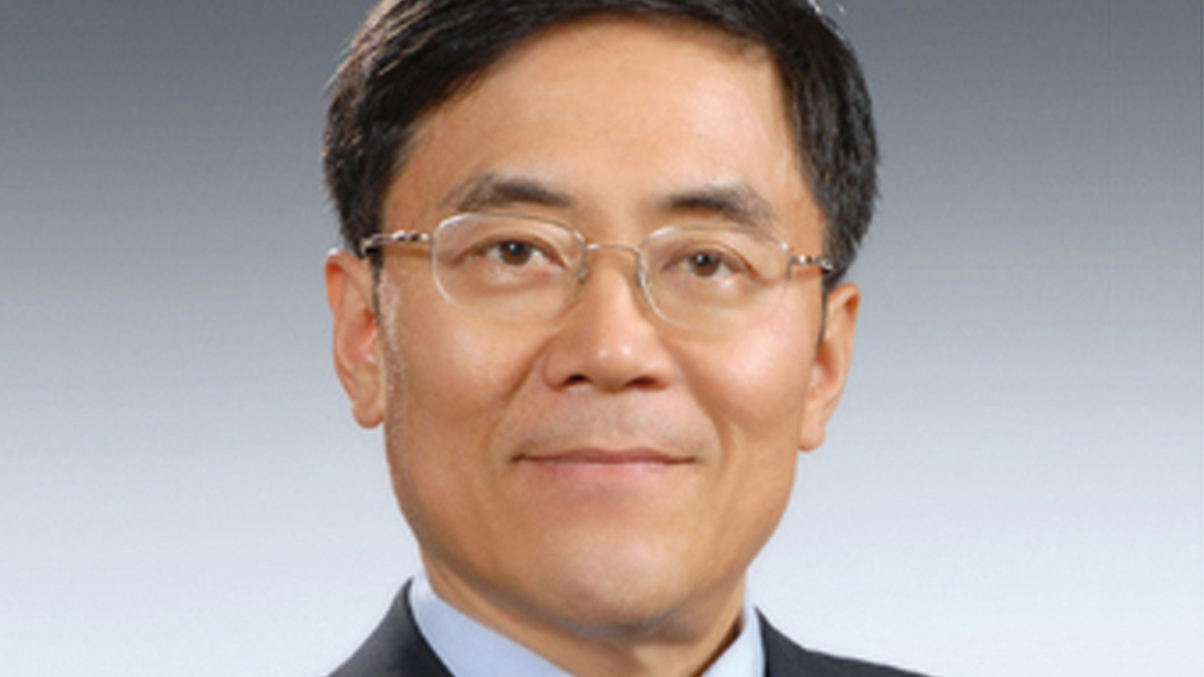Bank of Korea wants to hear about alternatives
Choo Heung-Sik, head of the central bank’s reserve management group, is keeping an open mind to alternative opportunities and sees emerging markets as increasingly important.

The head of reserve management at Bank of Korea says he is keeping an open mind to investing in alternative assets in future and wants to hear about opportunities in the asset class.
Sign in to read on!
Registered users get 2 free articles in 30 days.
Subscribers have full unlimited access to AsianInvestor
Not signed up? New users get 2 free articles per month, plus a 7-day unlimited free trial.
¬ Haymarket Media Limited. All rights reserved.


